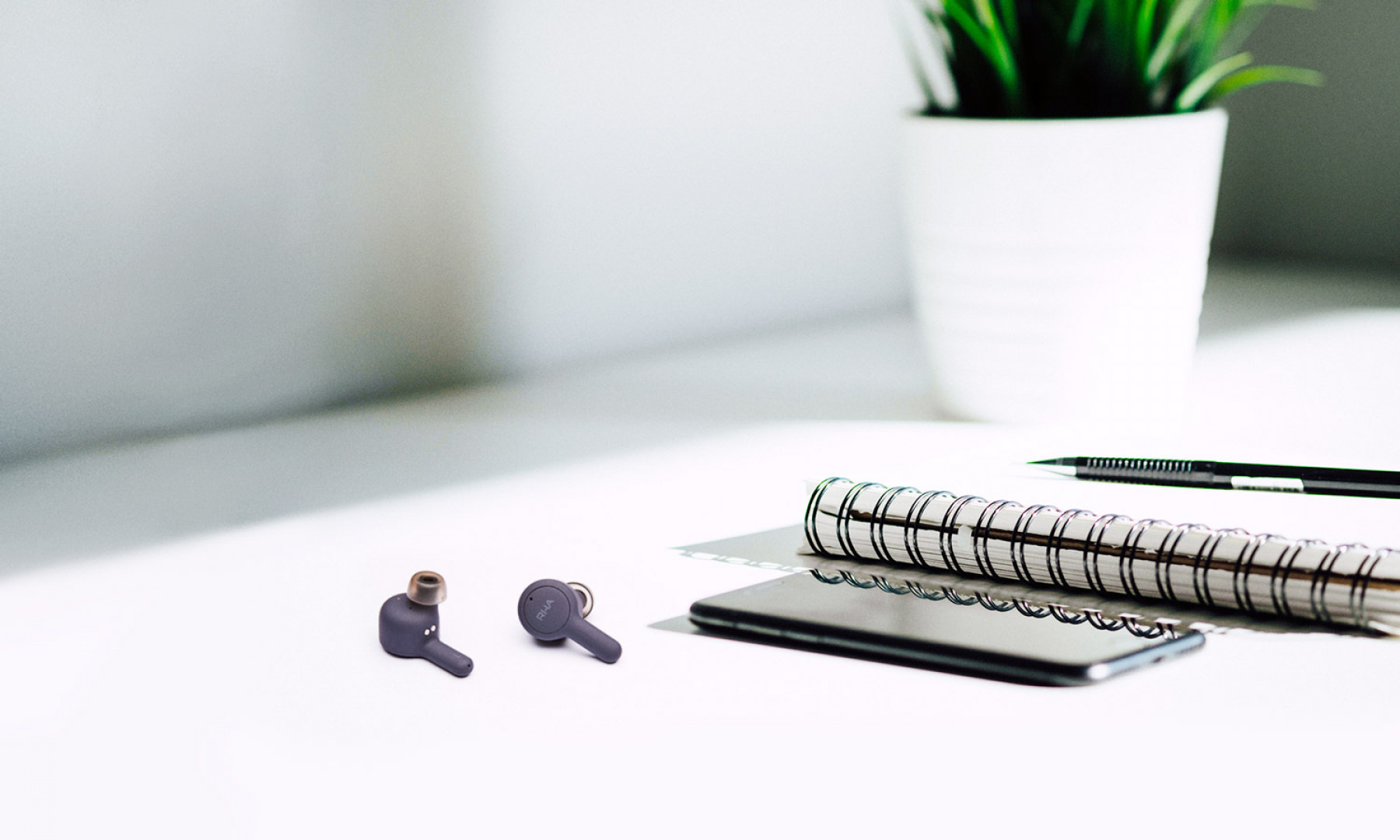Better, or Different?
There isn’t a right or wrong way to learn, work or experience information, opinions, or a story. (Unless you’re on fire. Then you should deal with that first). Listening to a book or a podcast about your chosen subject isn’t necessarily the ‘easy way’. Like watching a movie based on the book, you’re not cheating; just doing it differently.
Focus!
Roughly speaking, reading is something you put aside time to do. It can be a ritual. You might need a cup of tea, a comfy seat and ABSOLUTE SILENCE in order to get into a book. Listening requires no such preparation. It’s something that happens to you – not something you do yourself. And, as with anything else you listen to, it’s something you can choose to experience or not. You can zone out; focus on something else, like a game or a thought or a drive or a cat. Unlike a physical book, an audiobook doesn’t care whether you’re focusing: when you zone back in, it has moved on.
Generally, this makes listening more suited to something you can follow easily – something that isn’t going to switch you off. A traditional engineering textbook - or more “difficult” fiction - isn’t going to benefit much from recording. Stephen Fry probably can’t make Ulysses much easier.
The Eye & Ears of the Beholder
In some cases, an audiobook will get you much closer to the author than the voice in your own head ever could. Adam Buxton’s Ramble Book – released this year on audiobook before physical book – is an excellent example of this. It’s a book written in his voice, and features his own tangential rambles. It’s not hard to argue that the most ‘faithful’ version, then, is the one delivered by Adam Buxton; not read from the page by the tired voice in your head at the end of a long day.
It also depends on the reader. For a lot of people who have difficulty reading at the best of times; or when they’re tired and stressed; audio books and podcasts are a god-send. It’s a way to experience the stories and articles that everyone’s talking about without having to endure the nauseating feeling that the letters are bouncing around the page in front of you.
Has 2020 Done Something Right For Once?
This year has obviously changed learning and working for a lot of people. A lot of those changes may last – for better or worse. But both learning and working can be like a healthy diet – the best outcome will be if you listen to some bits, read and re-read the harder bits, interact with the interesting stuff and discuss the rest. If 2020 has done anything right, it’s forcing us to find a balance more attuned to a connected world.
The great scientists and philosophers may well have just had books, pencils and paper, but they would probably have appreciated the computing power of the space program in their ears, pockets and shoulder bags. Marie Curie might have loved levelling up on Duolingo. Plato might have enjoyed the odd murder podcast. Newton could have benefitted from an evening of EDM to take his mind off it. You don’t know.


